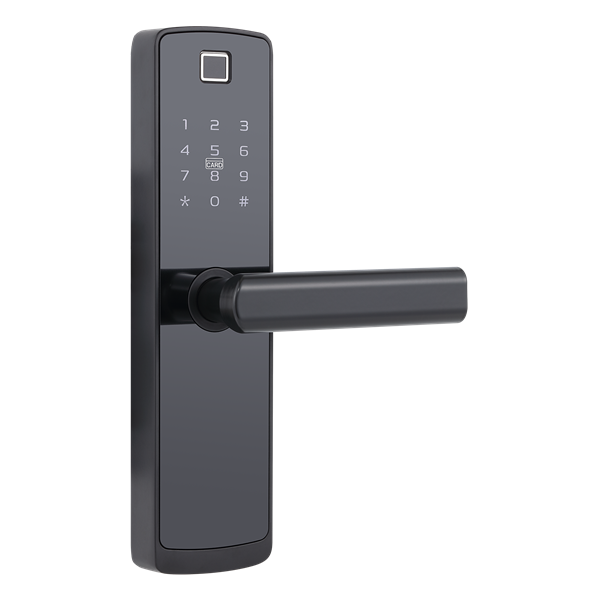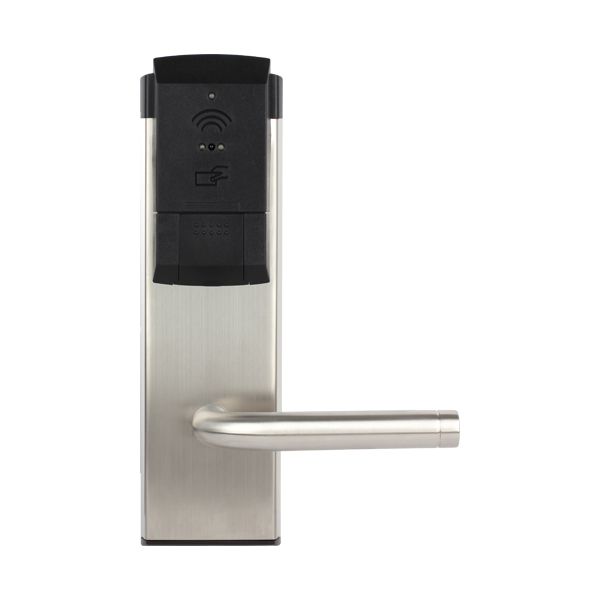In the ever-evolving landscape of commercial property security, electronic locks have emerged as the cornerstone of modern access control systems. As we navigate through 2024, the importance of maintaining these sophisticated devices cannot be overstated. This comprehensive guide delves into the best practices for maintaining electronic locks in commercial properties, ensuring they remain functional, secure, and efficient over time.
Importance of Regular Maintenance
Maintaining electronic locks is not merely a matter of convenience; it’s essential for safeguarding your property. Here’s why regular maintenance is crucial:
- Enhanced Security: Regular checks help identify and rectify potential issues before they escalate into serious security breaches.
- Cost Efficiency: Proactive maintenance prevents costly repairs or replacements, saving significant expenses associated with emergency interventions.
- Operational Efficiency: Well-maintained locks ensure smooth operation, reducing frustration for employees and visitors alike.
- Compliance: Many industries have specific security standards that require regular maintenance of access control systems.
Best Practices for Electronic Lock Maintenance
1. Regular Inspections
Implement a robust inspection routine:
- Conduct monthly inspections to catch early signs of wear and tear.
- Look for physical damage such as cracks or chips in the lock casing.
- Test functionality, including response time and smooth operation.
- Check battery life indicators regularly.
2. Cleaning Techniques
Keep your electronic locks clean to ensure longevity and functionality:
- Use non-abrasive cleaners or mild soap solutions.
- Gently wipe down exterior surfaces with a soft cloth.
- For keypad locks, use a cotton swab dipped in isopropyl alcohol to clean around buttons.
- Always turn off the power before cleaning to prevent accidental activation.

3. Battery Management
Proper battery management is vital for electronic lock performance:
- Incorporate battery level checks into monthly inspections.
- Replace batteries annually or sooner if performance issues arise.
- Always use high-quality batteries recommended by the manufacturer.
4. Software and Firmware Updates
For smart locks and advanced systems:
- Regularly check for and install software updates.
- Keep firmware up-to-date to patch security vulnerabilities.
- Maintain a log of all updates for security audits.
5. Professional Maintenance
While regular DIY maintenance is important, professional servicing should not be overlooked:
- Schedule annual professional inspections.
- Consult a locksmith for persistent issues or advanced troubleshooting.
- Consider maintenance contracts for large-scale implementations.

Common Issues and Troubleshooting
Address these common electronic lock issues promptly:
- Unresponsive Keypads: Clean thoroughly and check battery connections.
- Misaligned Door: Adjust the door and strike plate for proper alignment.
- Inconsistent Card Reading: Clean the card reader and check for interference from nearby electronic devices.
- Delayed Response: Update software and check for loose connections.
- Battery Drainage: Investigate for short circuits or replace them with high-quality batteries.
Advanced Security Enhancements
Implement these additional measures to bolster your electronic lock security:
- Access Control Integration: Combine locks with a centralized access control system for comprehensive security management.
- Audit Trail Functionality: Utilize systems that record access events for enhanced accountability.
- Multi-Factor Authentication: Implement multiple verification methods for high-security areas.
- Remote Monitoring: Use smart lock features that allow real-time monitoring and control via mobile apps.
Case Studies: Successful Implementation
Case Study 1: Luxury Hotel Chain Enhances Security
A prominent luxury hotel chain implemented Be-Tech’s Guardian Value RFID Electronic Hotel Locks across its properties. The result was a 30% reduction in security-related incidents and a significant improvement in guest satisfaction scores related to room access convenience.
Case Study 2: Office Complex Streamlines Access Control
A large office complex transitioned from traditional locks to a comprehensive electronic lock system. This move resulted in a 50% decrease in key-related issues and allowed for dynamic access control, improving both security and operational efficiency.
Be-Tech’s Guardian Value RFID Electronic Hotel Lock
For those looking to enhance their locking system with cutting-edge technology, consider the Guardian Value RFID Electronic Hotel Lock from Be-Tech. This innovative solution combines advanced RFID technology with user-friendly features tailored specifically for commercial properties.

Key Features:
- RFID Technology: Provides seamless access control using RFID cards.
- User-Friendly Design: Easy installation and operation.
- Robust Security Features: Offers enhanced security protocols to protect against unauthorized access.
- Audit Trail Capability: Keeps a detailed log of all access attempts.
- Low Battery Warning: Alerts staff before batteries need replacement.
- Emergency Override: Allows authorized personnel to gain access in emergencies.
For more information about this product and its specifications, visit Be-Tech’s official product page.
Frequently Asked Questions
- How often should I replace the batteries in my electronic locks? Answer: It’s recommended to replace batteries annually or when low battery indicators activate, whichever comes first.
- Can electronic locks be hacked? Answer: While no system is 100% secure, modern electronic locks have robust security features. Regular updates and proper maintenance significantly reduce vulnerabilities.
- What should I do if my electronic lock stops working suddenly? Answer: First, check the batteries. If that’s not the issue, consult the user manual for troubleshooting steps or contact a professional locksmith.
- Are electronic locks more secure than traditional locks? Answer: Generally, yes. Electronic locks offer features like audit trails, remote management, and customizable access levels that traditional locks can’t provide.
- Can I install electronic locks myself? Answer: While some models are designed for DIY installation, professional installation is recommended for commercial properties to ensure proper setup and integration with existing systems.
Conclusion
Maintaining electronic locks in commercial properties is essential not only for ensuring functionality but also for protecting your investment and enhancing overall security. By following the best practices outlined in this guide, such as regular inspections, proper cleaning techniques, diligent battery management, and knowing when to seek professional help, you can ensure that your electronic locking systems remain reliable and secure over time.
As we move further into 2024, the importance of robust, well-maintained electronic lock systems in commercial properties cannot be overstated. Whether you’re managing a hotel, an office complex, or any other commercial property, investing in high-quality electronic locks like Be-Tech‘s Guardian Value RFID system and maintaining them properly will pay dividends in security, efficiency, and peace of mind.
Remember, the security of your property is an ongoing commitment. Stay informed about the latest developments in electronic lock technology, and don’t hesitate to consult with security professionals to keep your systems up-to-date and functioning at their best.
